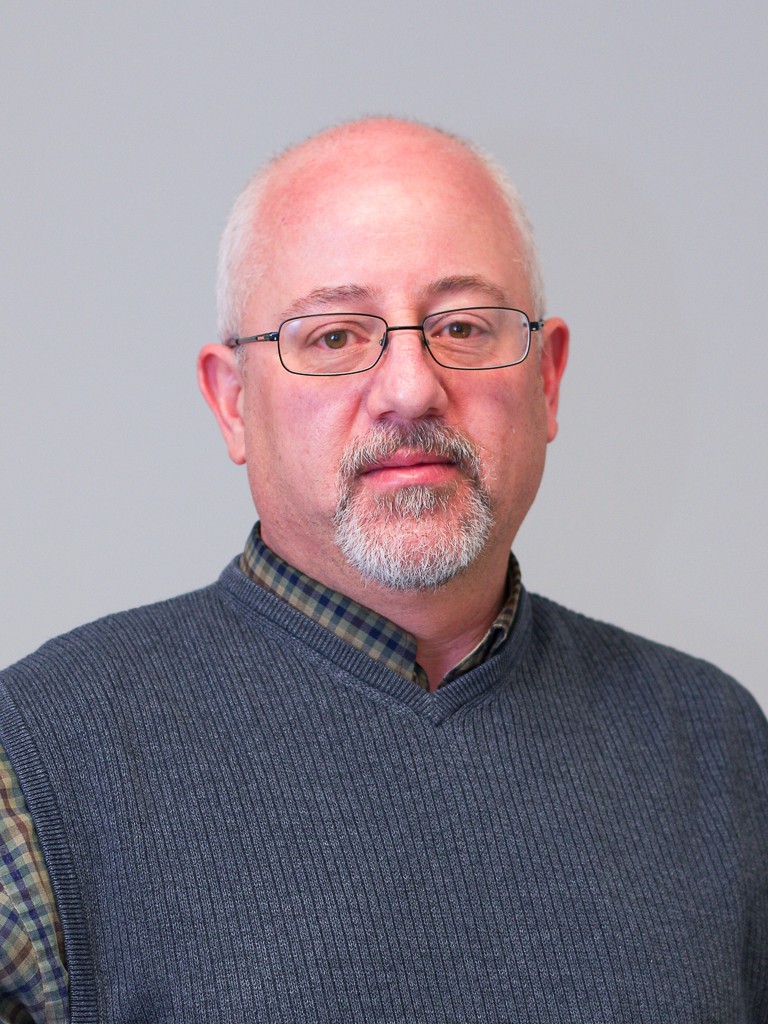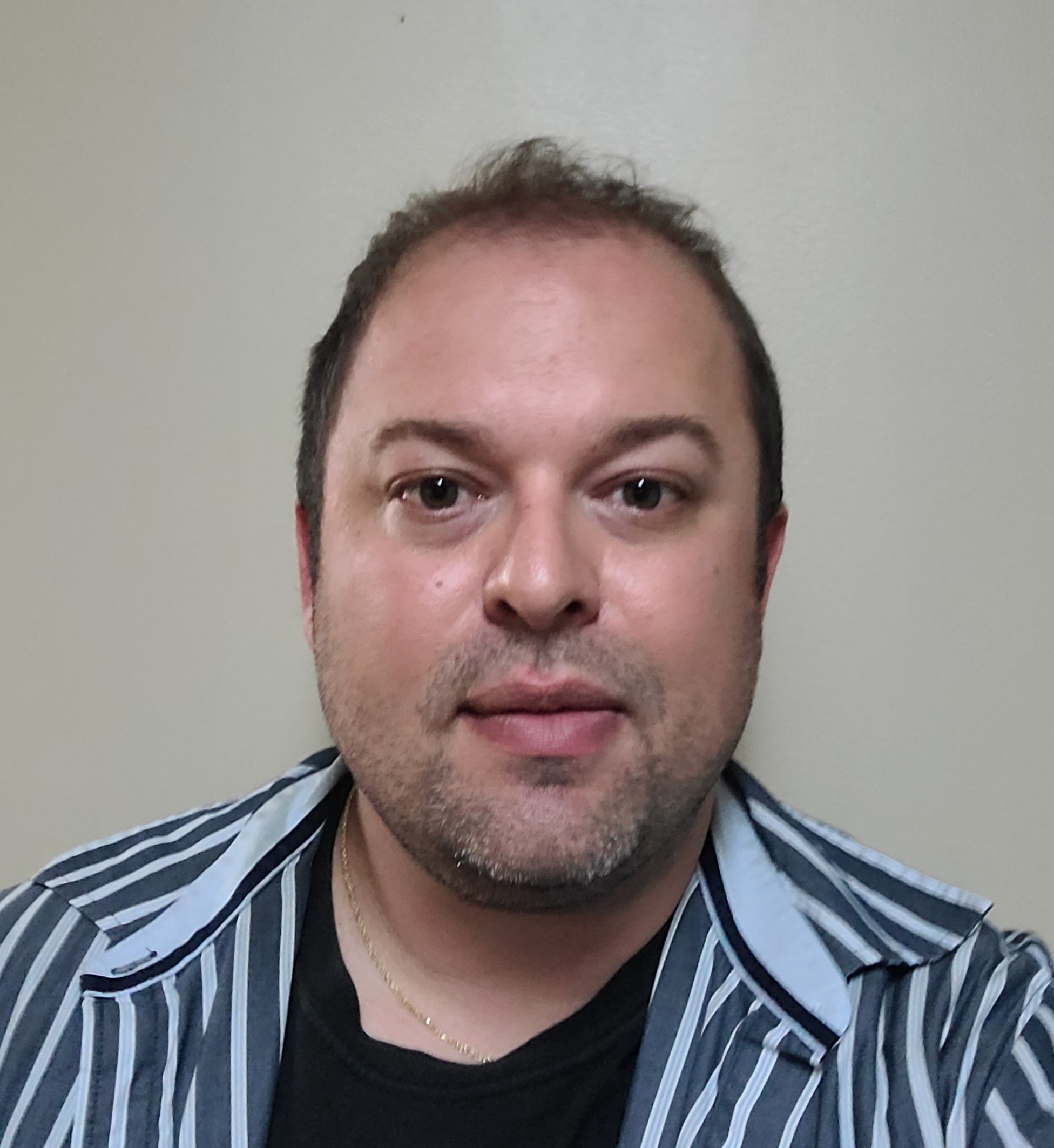Trauma-Informed Behavioral Interventions
Speaker(s):
Presentation:
This training will explore key ingredients needed in a trauma-informed behavior plan. It will break down components essential to understanding the trauma that may have been experienced by someone receiving support services and what the essential factors in healing might be. Components such as triggers, ingredients of psychological safety, and the need for connection and agency will be explored. Tools such as the happiness assessment, positive identity workbooks, and the daily happiness worksheet will also be introduced.
Objectives:
- Identify key sources of trauma for people with intellectual and developmental disabilities.
- Identify key elements needed to be integrated into a trauma-informed support plan
- Utilize the happiness assessment
- Develop happiness procedures


